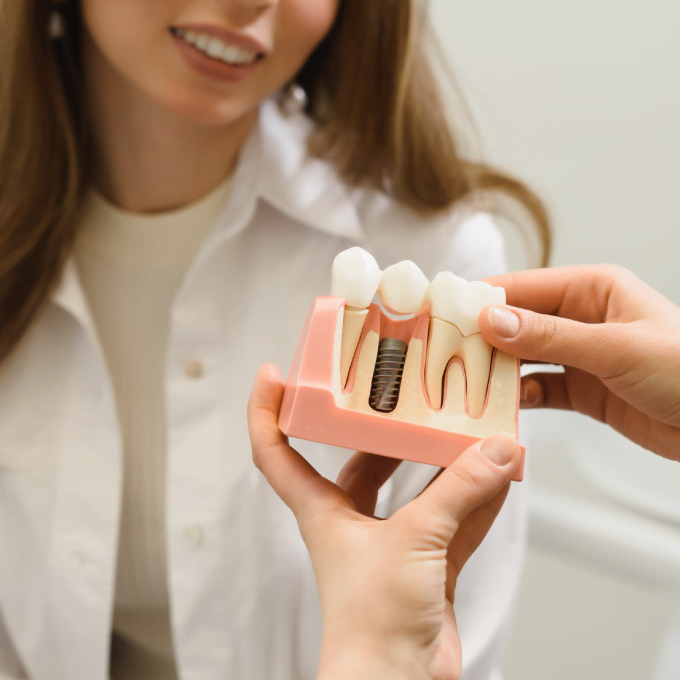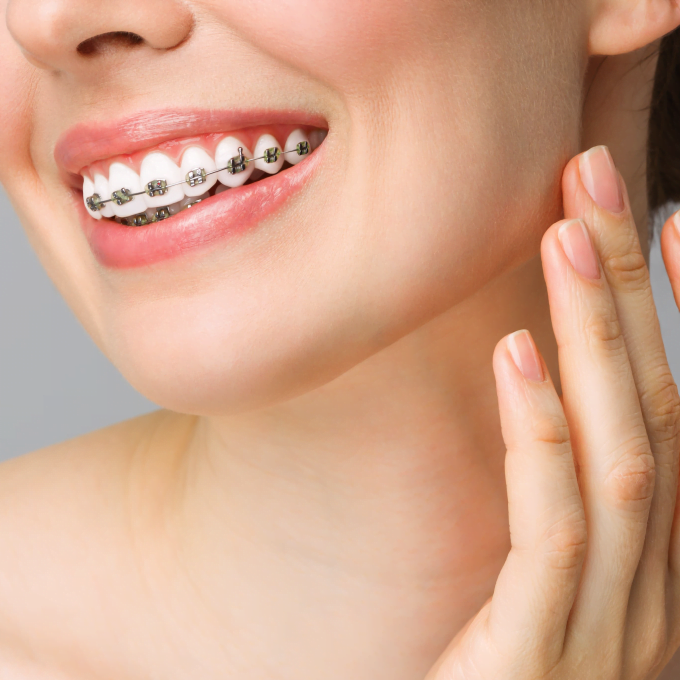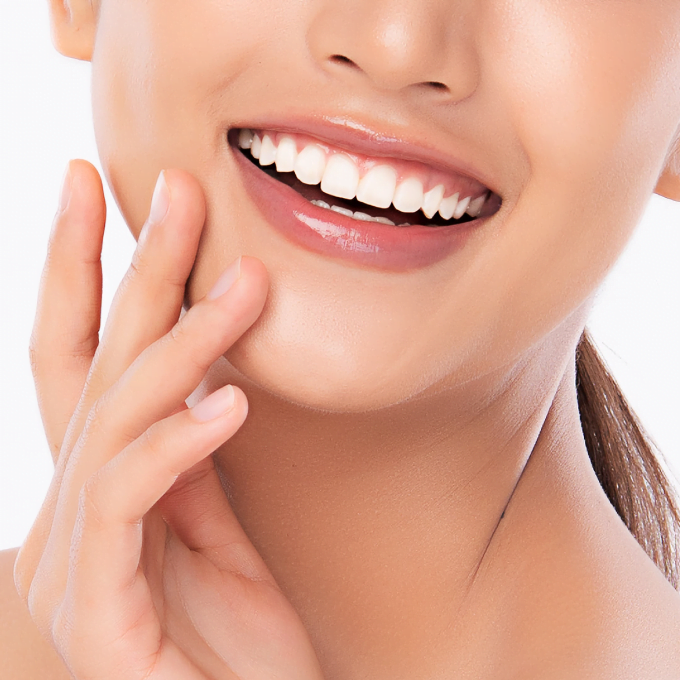What should you look for when choosing your dentist?
Choosing a new dentist can feel like a big decision. Whether you’ve just moved to a new area, had a […]
Read MoreIt’s easy to feel a bit worried when your gums start to feel sore, swollen, or tender, especially if you’re not quite sure what’s causing it. Most of us have been told how important it is to brush twice a day and keep our teeth clean, but when it comes to gum health, it’s not always talked about as much. So, when something feels off, it can be hard to know whether it’s serious or just a temporary irritation. The good news is that gum pain doesn’t always mean gum disease – there are a number of common and often harmless reasons why your gums might be feeling uncomfortable.
At AP Smilecare, we know how easy it is to put off booking an appointment or worry that things might have already gone too far. But you don’t need to feel embarrassed or anxious – we’re here to help, not to judge. Whether it’s a small niggle or something that’s been bothering you for a while, it’s always worth getting it checked out. Catching issues early often means simpler, gentler dental treatments – and even just getting some friendly reassurance can make a big difference!
To help put your mind at ease, we’ve put together five of the most common reasons for gum pain, including what you can do at home, and when it’s a good idea to pop in and see your dentist.
This is one of the most common causes of sore or bleeding gums, but it’s also one of the easiest to treat when caught early. Gingivitis happens when plaque builds up around the gumline, causing inflammation. You might notice your gums looking redder than usual or bleeding when you brush or floss. The good news is that with a thorough cleaning and some help from your dentist or hygienist, your gums can often bounce back quickly.
If you’re worried about gingivitis, don’t panic – it doesn’t mean you’ve done anything wrong. Life gets busy, and even with the best intentions, plaque can creep in. A professional clean and a few tips on your daily routine can often set things right again!
Sometimes, being a little too enthusiastic with your brushing can cause sore gums. If you’re scrubbing too hard or using a brush with firm bristles, you could be irritating the gum tissue. You might even notice your gums starting to recede slightly or feel more sensitive when eating hot or cold foods.
Switching to a soft-bristled toothbrush and using gentle, circular motions can make a world of difference. And if you’re unsure whether your technique is right, we’re always happy to show you. We even wrote a blog on how to brush your teeth like a pro – it’s a small change that can really protect your gums in the long run.
Here’s one that most people don’t even consider: hormonal shifts. Women’s hormones, especially during pregnancy, menstruation, or menopause, can affect the way the gums respond to plaque, making them more sensitive or prone to inflammation. You might notice this even if your brushing habits haven’t changed at all.
If this sounds familiar, know that you’re not alone – it’s very common, and it doesn’t mean anything is seriously wrong. Letting your dentist know about any changes you’re experiencing means we can offer tailored advice and keep your gums as healthy as possible through every stage of life.
Not all gum pain is linked to brushing or plaque – sometimes it’s caused by something much simpler, like a tiny ulcer or a small accidental injury. You might have caught your gum with a crisp or bitten the inside of your mouth without realising it. These little injuries can feel surprisingly painful, especially when you’re eating spicy or acidic foods, but in most cases, they clear up on their own within a week or two.
Mouth ulcers can also be triggered by things like stress, hormonal changes, vitamin deficiencies, or even a reaction to certain toothpaste ingredients. If you’re getting ulcers often or one seems to linger longer than usual, it’s a good idea to have it looked at. It’s probably nothing to worry about, but we can make sure there’s no underlying cause and give you advice to help soothe and speed up the healing process. Sometimes, just a quick conversation and a little reassurance from your dentist can go a long way.
Grinding or clenching your teeth, especially during sleep, can place a lot of strain on your gums and jaw. Over time, this pressure can cause gum irritation, tooth sensitivity, and even lead to jaw aches or headaches. If you often wake up with a sore jaw, aching teeth, or tender gums, teeth grinding might be behind it.
It’s a more common issue than many people realise, and the good news is that there are simple ways to manage it. We can check for signs of grinding during a routine appointment and, if needed, create a custom night guard to wear while you sleep. This helps cushion your teeth, protect your gums, and ease the strain on your jaw.
If you’re worried you might be grinding without realising, don’t hesitate to come and see us. We’ll guide you through the options and find something that works for you, so you can wake up feeling rested and comfortable.
If you’ve noticed gum pain that doesn’t go away after a few days, or you’re seeing signs like bleeding, swelling, or receding gums, it’s always worth booking a check-up. Getting ahead of any problems early can mean easier treatments – and give you peace of mind.
At AP Smilecare, we’ve been providing personalised care for patients of all ages for over 20 years. We’re here to help you feel confident and comfortable about your oral health. Whether it’s your first visit in a while or just a quick question, our friendly dentists in Blackburn will always take the time to listen and guide you through the next steps. Take a look at our full range of dental treatments here on our website or give us a call on 01254 297 000 to book an appointment. We’re always happy to help!

 Dentures
Dentures
 Dental Implants
Dental Implants
 Braces
Braces
 Teeth Whitening Treatments in Blackburn
Teeth Whitening Treatments in Blackburn
 Smile Makeover
Smile Makeover
 Same Day Smiles
Same Day Smiles